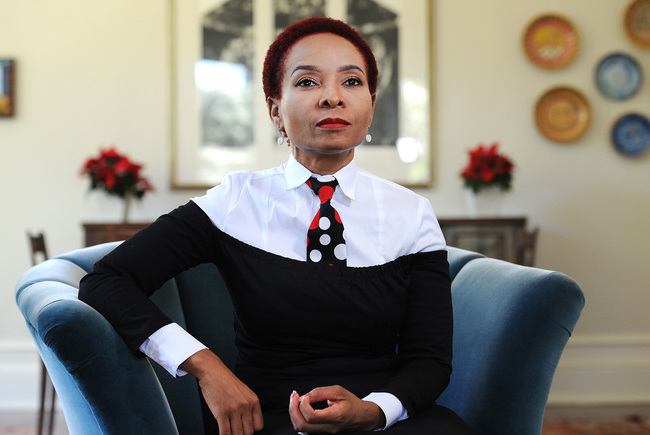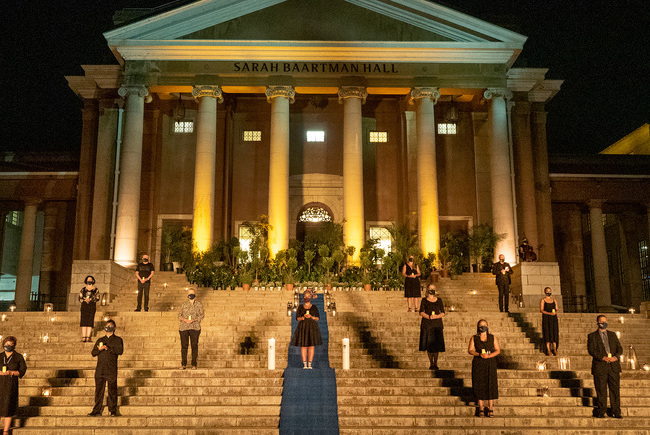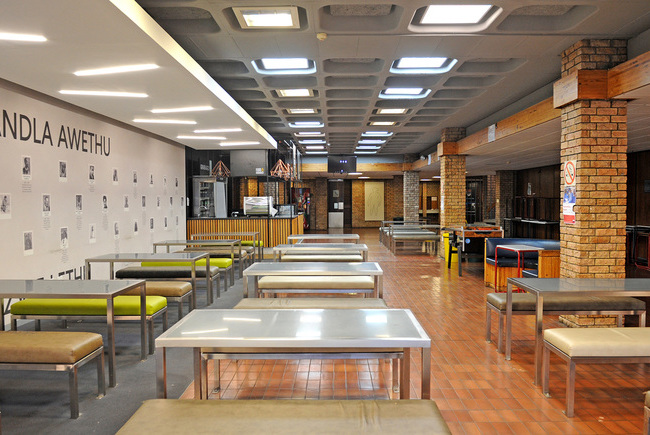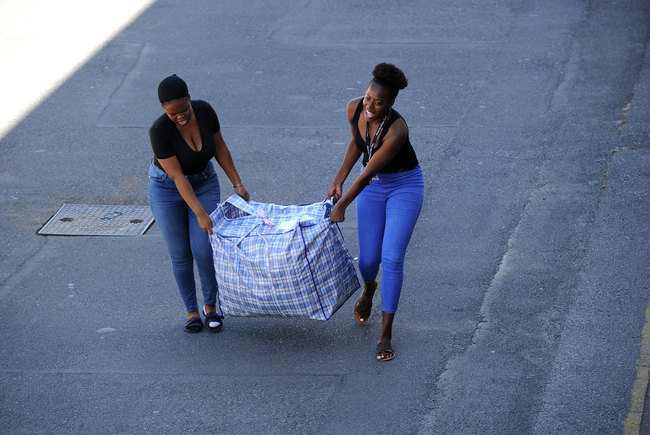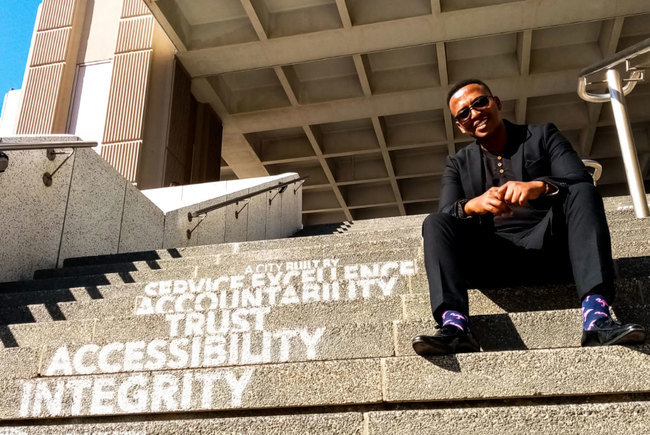Update on UCT COVID-19 response
11 March 2020 | From Kgethi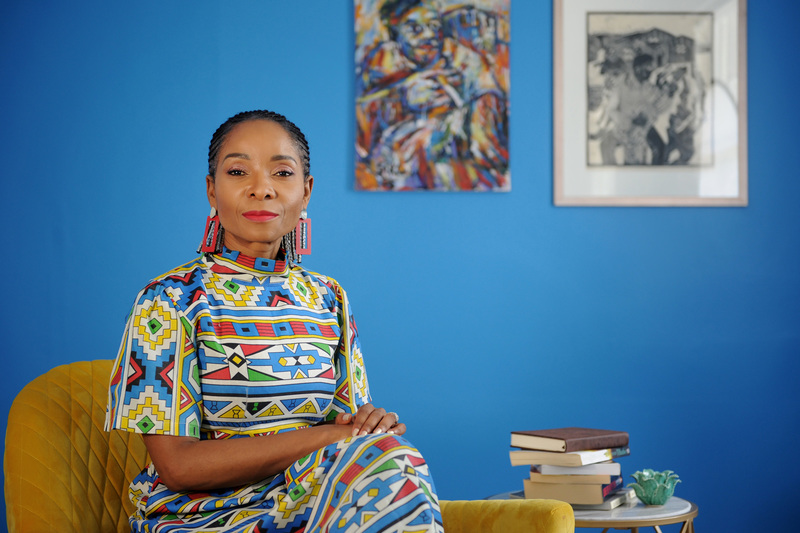
Dear students and colleagues
I write to update you on steps taken by the University of Cape Town (UCT) in its response to the Coronavirus Disease 2019 (COVID-19) and with an update on information related to travel.
As many of you may be aware today the Minister of Health announced that 6 more cases of COVID-19 had been identified and one of those cases has been confirmed as being in the Western Cape. The UCT leadership has established the UCT business continuity management coordinating committee – the COVID-19 Coordinating Committee (CCC) – which is responsible for responding to the outbreak. The committee is chaired by UCT’s chief operating officer, Dr Reno Morar. It is tasked with continued close monitoring of any developments around COVID-19 and is working in partnership with the Department of Health, the NICD, the Western Cape Department of Health, and other spheres and agencies of government. The committee will update the UCT community regularly.
I would like to encourage you to visit the UCT feature page on COVID-19, which is now live and will be updated with the latest information related to the disease and our response as an institution.
With regards to international travel, while UCT has not implemented any general travel restrictions for students and staff, we draw attention to the following:
- All travel by students and staff (while not restricted) should be accepted only in essential circumstances. Staff and students are urged to consider postponing or cancelling all non-essential travel. Travel to high-risk destinations with ongoing community transmission of SARS-CoV-2 (the causative virus of COVID-19) is most strongly discouraged. It should be noted that UCT’s insurance provider has confirmed that with immediate effect (as of 4 March 2020) no cover will be afforded to staff and students travelling to high-risk areas. Travel prior to this date will still be covered.
- Please exercise caution in making plans that involve international travel. UCT travellers who return from an area with community transmission of SARS-CoV-2 will be screened at the airports as per national protocol upon their return to South Africa. If they have no symptoms, they will return to routine activities while carefully monitoring themselves. If symptoms develop within 14 days of travel, they must self-isolate immediately and call the National Institute for Communicable Diseases (NICD) hotline (0800 029 999) for advice.
- In terms of receiving international visitors at UCT, all UCT staff and students are requested to consider postponement of non-essential visits. All visits from high-risk areas should be postponed. Where essential visits continue (from non-high-risk areas), please ensure that the NICD guidelines are followed as a precautionary measure.
There are a number of important steps we would like to encourage all students, staff and visitors to continue to follow to help prevent the spread of the disease. These include practising good personal hand hygiene and cough etiquette.
Please note the following important telephone numbers:
- The National Institute for Communicable Diseases hotline 0800 029 999.
- The Independent Counselling and Advisory Services (ICAS) toll free line 0800 111 3945 is available to UCT staff and their family members 24 hours a day.
- UCT Student Wellness Services can be contacted on 021 650 5620 or 021 650 1271 (after hours).
- UCT staff can contact 021 650 5685.
You can also find out more information by visiting the following websites:
The national government is regularly issuing updates on COVID-19 and recently released an update on the status of the government’s response:
It is critically important that we as individuals, but also as an institution, do everything possible to avoid spreading SARS-CoV-2 into the general population in high numbers and putting further strain on our country’s health system and population. We can all play a critical role in limiting its spread.
Sincerely
Professor Mamokgethi Phakeng
Vice-Chancellor
Updates will be posted on UCT’s Coronavirus Disease 2019 feature page on the UCT News website.
Read previous communications:
 This work is licensed under a Creative Commons Attribution-NoDerivatives 4.0 International License.
This work is licensed under a Creative Commons Attribution-NoDerivatives 4.0 International License.
Please view the republishing articles page for more information.
UCT’s response to COVID-19 in 2021
COVID-19 is a global pandemic that caused President Cyril Ramaphosa to declare a national disaster in South Africa on 15 March 2020 and to implement a national lockdown from 26 March 2020.
UCT is taking the threat of infection in our university community extremely seriously, and this page will be updated regularly with the latest COVID-19 information. Please note that the information on this page is subject to change depending on current lockdown regulations.
Commemorating a year of COVID-19
At midnight on 26 March 2020, South African went into the first nationwide hard lockdown. A year later, we remember those who have died and those who have been affected by COVID-19, as well as the pandemic’s effects across society and campus. We are especially grateful for the front-line health workers who have done so much for so many.
Frequently asked questions
In an email to the UCT community, Vice-Chancellor Professor Mamokgethi Phakeng said:
“COVID-19, caused by the virus SARS-CoV-2, is a rapidly changing epidemic. [...] Information [...] will be updated as and when new information becomes available.”
We are continuing to monitor the situation and we will be updating the UCT community regularly – as and when there are further updates. If you are concerned or need more information, students can contact the Student Wellness Service on 021 650 5620 or 021 650 1271 (after hours), while staff can contact 021 650 5685.





